DexaJect is indicated for the treatment of primary bovine ketosis and as an anti-inflammatory agent in the bovine and equine. As supportive therapy, Dexaject may be used in the management of various rheumatic, allergic, dermatologic, and other diseases known to be responsive to anti-inflammatory corticosteroids. DexaJect may be used intravenously as supportive therapy when an immediate hormonal response is required. DexaJect is indicated for the treatment of acute musculoskeletal inflammations such as bursitis, carpitis, osselets, tendonitis, myositis, and sprains. In addition, DexaJect may be used as supportive therapy in fatigue, heat exhaustion, influenza, laminitis, and retained placenta, provided the primary cause is determined and corrected
DexaJect
This page contains information on DexaJect for veterinary use.
The information provided typically includes the following:
DexaJect Indications
Warnings and cautions for DexaJect
Direction and dosage information for DexaJect
DexaJect
This treatment applies to the following species:
Beef Cattle
Dairy Cattle
Horses
Company: Henry Schein® Animal Health
Dexamethasone Solution
Veterinary
2 mg per mL
Sterile
ANADA #200-312, Approved by FDA
FOR ANIMAL USE ONLY
KEEP OUT OF REACH OF CHILDREN
DexaJect Caution
Federal law restricts this drug to use by or on the order of a licensed veterinarian.
Description for DexaJect
Dexamethasone Solution is a synthetic analogue of prednisolone, having similar but more potent anti-inflammatory therapeutic action and diversified hormonal and metabolic effects. Modification of the basic corticoid structure as achieved in DEXAJECT™ offers enhanced anti-inflammatory effect compared to older corticosteroids. The dosage of DEXAJECT™ required is markedly lower than that of prednisone and prednisolone.
DEXAJECT™ is not species-specific; however, the veterinarian should read the sections on INDICATIONS, DOSAGE, SIDE EFFECTS, CONTRAINDICATIONS, PRECAUTIONS, and WARNINGS before this drug is used.
DEXAJECT is intended for intravenous or intramuscular administration. Each mL contains 2 mg dexamethasone, 500 mg polyethylene glycol 400, 9 mg benzyl alcohol, 1.8 mg methylparaben and 0.2 mg propylparaben as preservatives, 4.75% alcohol, HCl to adjust pH to approximately 4.9, water for injection q.s.
EXPERIMENTAL STUDIES: Experimental animal studies on dexamethasone have revealed it possesses greater anti-inflammatory activity than many steroids. Veterinary clinical evidence indicates dexamethasone has approximately 20 times the anti-inflammatory activity of prednisolone and 70 to 80 times that of hydrocortisone. Thymus involution studies show dexamethasone possesses 25 times the activity of prednisolone. In reference to mineralocorticoid activity, dexamethasone does not cause significant sodium or water retention. Metabolic balance studies show that animals on controlled and limited protein intake will exhibit nitrogen losses on exceedingly high dosages.
DexaJect Indications
DEXAJECT™ is indicated for the treatment of primary bovine ketosis and as an anti-inflammatory agent in the bovine and equine.
As supportive therapy, DEXAJECT™ may be used in the management of various rheumatic, allergic, dermatologic, and other diseases known to be responsive to anti-inflammatory corticosteroids. DEXAJECT™ may be used intravenously as supportive therapy when an immediate hormonal response is required.
Bovine Ketosis
DEXAJECT™ is offered for the treatment of primary ketosis. The gluconeogenic effects of DEXAJECT™, when administered intramuscularly, are generally noted within the first 6 to 12 hours. When DEXAJECT™ is used intravenously, the effects may be noted sooner. Blood sugar levels rise to normal levels rapidly and generally rise to above normal levels within 12 to 24 hours. Acetone bodies are reduced to normal concentrations usually within 24 hours. The physical attitude of animals treated with DEXAJECT
Supportive Therapy
DEXAJECT™ may be used as supportive therapy in mastitis, metritis, traumatic gastritis, and pyelonephritis, while appropriate primary therapy is administered. In these cases, the corticosteroid combats accompanying stress and enhances the feeling of general well-being. DEXAJECT™ may also be used as supportive therapy in inflammatory conditions, such as arthritic conditions, snake bite, acute mastitis, shipping fever, pneumonia, laminitis, and retained placenta.
Equine
DEXAJECT™ is indicated for the treatment of acute musculoskeletal inflammations such as bursitis, carpitis, osselets, tendonitis, myositis, and sprains. If boney changes exist in any of these conditions, joints, or accessory structures, a response to DEXAJECT™ cannot be expected. In addition, DEXAJECT™ may be used as supportive therapy in fatigue, heat exhaustion, influenza, laminitis, and retained placenta provided that the primary cause is determined and corrected.
ADMINISTRATION AND DOSAGE: Therapy with DEXAJECT™, as with any other potent corticosteroid, should be individualized according to the severity of the condition being treated, anticipated duration of steroid therapy, and animal’s threshold or tolerance for steroid excess.
Treatment may be changed over to DEXAJECT™ from any other glucocorticoid with proper reduction or adjustment of dosage.
Bovine: DEXAJECT 5 – 20 mg intravenously or intramuscularly.
Equine: DEXAJECT 2.5 – 5 mg intravenously or intramuscularly. DexaJect DexaJect DexaJect DexaJect DexaJect.https://kihorsemed.com/
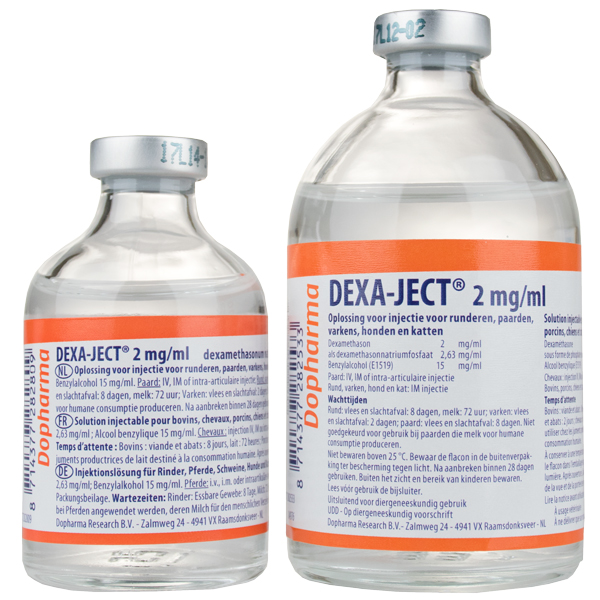
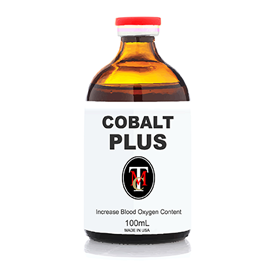
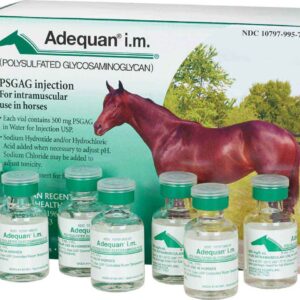
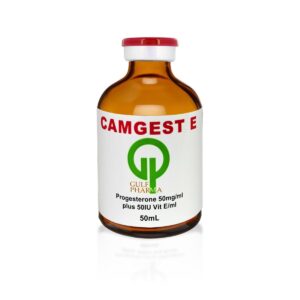
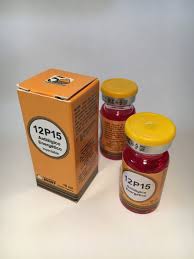
Reviews
There are no reviews yet.